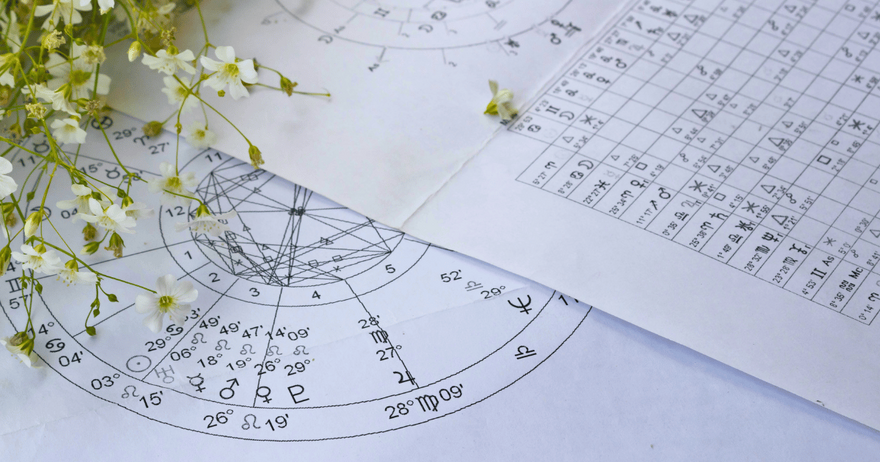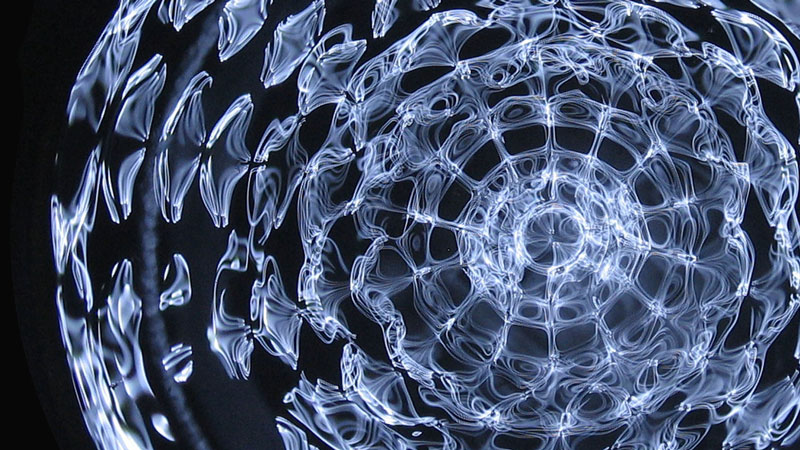Metaphoric Exile of Stephen Dedalus and Leopold Bloom in Ulysses
Leopold Bloom and Stephen Dedalus in Ulysses could be called metaphoric and spiritual exiles, because they are alienated, alone and exiles within their native culture. This is what Edward Said calls metaphoric, rather than physical, exile in the colonial societies of modern times. Bloom has had many religion conversions. Stephen, on the other hand, struggles to invent a new religion of art for his self-made identity.
Leopold Bloom who represents an “every Jew” and a wandering Jew in Dublin has been an outcast from the very beginning in the fervent catholic environment of the city. Bloom’s Jewishness and the Jews reputation of having no homeland of their own, makes him a notorious among Dubliners. He has converted from his Jewish religion into Catholicism to marry his beloved woman. Then again, he has converted to Protestantism. This is something unthinkable in the nationalistic and quasi-religious, what Joyce and Stephen believe as hypocritical, society of Dublin. Although Bloom calls Dublin “home and beauty” (435), he seems to belong to no specific religion or nationality in Dublin. Based on Bloom’s several conversions, it could be deduced that there was no peace of mind or soul for him in any of these religions. Consequently, this is in addition to the fact that most of the religious authorities have been denied and rejected, at least once, by Bloom! This is one representation of spiritual exile of a man in a world on the verge of modernization and, of course, transition. Bloom an everyman/a Jew believing in no religion, his lonely soul yearns for justice, love, and peace for all men and women. While he is living in a world occupied by injustice and cruelty, in which the people like him are humiliated just because they have a different religion. This is spiritual exile of Bloom, a person who feels lonely, friendless, and loveless at his hometown and within his family.
Stephen Dedalus is one of the most radical symbols of the young modern intellectual/artists who are forced into exile within communities they are living in. Stephen’s rejection of all the religious, political, and social official institutions, in addition to his theory of self-authorship, derives him to the final destination of exile. His notion of self-authorship equals rejection of every biological father, every Pope, or king, either Irish or British. All of these revolutionary and rebellious notions definitely cause a big conflict and disagreement between Stephen and the society he lives in. Thus, he chooses a hermetic life of an artist outside Ireland, whose art Stephen compares with the “cracked looking glass of a servant” (U 46). This definition of Irish art he gives shows his deep alienation and detest from his native art and culture. Stephen’s spiritual exile is more intensified when one considers his desire to accomplish an artistic career within the restricting environment of Ireland. This is while following a priest’s career, when church promises to offer his servants the power of all keys (P 92), would safeguard, at least, a safe and comfortable economic life for him and his family. However, Stephen rejects such a powerful, but futile position for himself.
Bloom and Stephen’s denial of authoritative institutions like established religion makes them similar in their spiritual perplexity. None of them seems to be able to find peace and serenity in any of the established religions. They have to convert or to deny and establish another religion anew. In this sense, both of them are metaphoric exiles in an occupied realm of soul, as well as, an occupied home. The foreigner forces’ existence distresses the condition of living in Ireland.
Thus and consequently, metaphorically speaking one exile in the novel longs to adopt the other exile instead of a lost child or an incapable father. When near the end of the nighttown episode, Stephen in his state of drunkenness involves in an oral argument with a British soldier and shouts “I have no king myself” and “let my country die for me” (522), he is attacked by the English soldier and his companions. At the same time Mulligan, after misusing Stephen’s money again, abandons him and leaves him high and dry. Bloom who has witnessed the argument takes up Stephen’s stick and stands guard over him. He says, “I know him. He’s a gentleman, a poet. It’s alright” (U 522). At such a critical moment Bloom’s sympathetic and imaginative act momentarily make Stephen his son. A lonely wandering figure stands guard to another lonely, attacked and wandering one at the end of a harsh day of exile. Although at the end, unlike Indian or Dickensian fiction, Stephen rejects Bloom’s offer of a shelter, they come together as two exiled and castaway son and father, at least, for some hours. Joyce himself in Ulysses mentions this unification of Bloom and Stephen by a suggestion of substituting the two names as “stoom for Stephen and blephen for Bloom. The reversal of the names could be a sign of their blending together becoming one soul in two bodies” (U 603).
Bibliography
Attridge, Derek, ed. Cambridge Companion to James Joyce .Cambridge:
Cambridge University Press, 1990.
-. “Reading Joyce.” Cambridge Companion to James Joyc. Ed, Derek Attridge
Cambridge: Cambridge University Press, 1990, pp. 1-27.
-. Semicolonial Joyce. Cambridge: Cambridge University Press, 2000.
Blades, John. How to Study James Joyce .London: Macmillan, 1996.
Cawelti, John. “Eliot, Joyce, and Exile.” ANQ 14, 4 (2001): 38-45.
James, Joyce. Ulysses with a Short History by Richard Ellman .London: Penguin Books,
1969.
Said, Edward.Representations of the Intellectual. New York: Pantheon Books, 1994.







